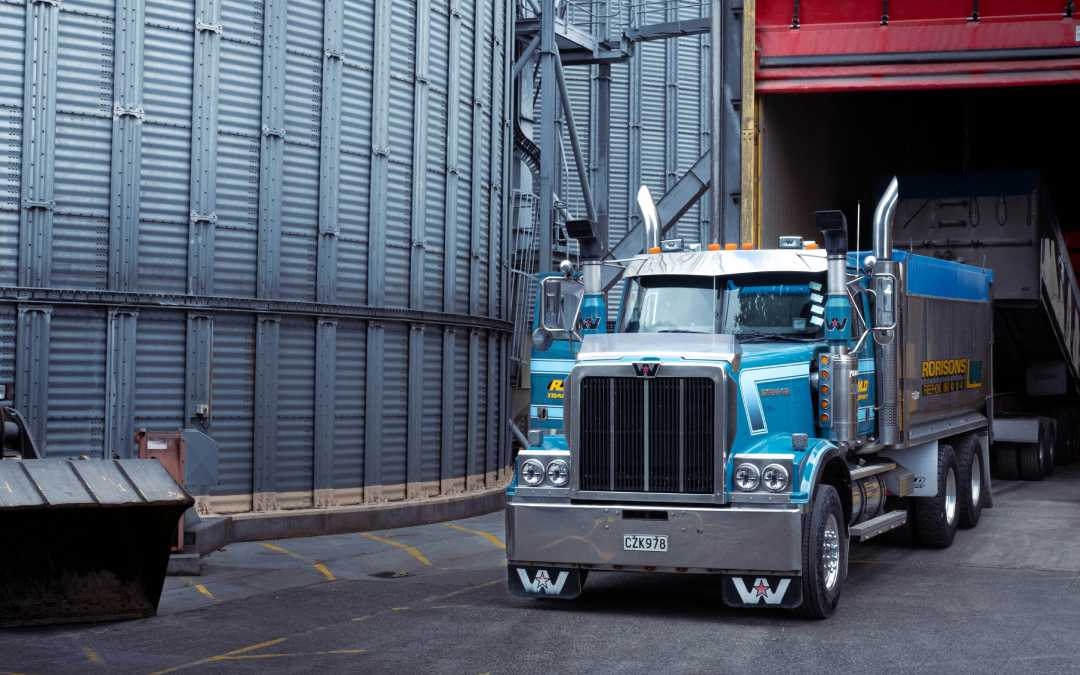Major Truckmakers Moving Towards Hydrogen Combustion Engines
This move represents a swift, cost-effective strategy in their energy transition efforts, potentially revitalizing the ageing technology.
Leading global truck manufacturers, including Volvo and MAN, are transitioning from polluting diesel engines to low-emission hydrogen combustion engines. This move represents a swift, cost-effective strategy in their energy transition efforts, potentially revitalizing the ageing technology.
The truck manufacturing industry faces a formidable challenge in achieving zero emissions. Electric batteries, although clean, are too heavy for long-haul freight and require lengthy charging times. Hydrogen fuel cells, which generate electricity and extend truck ranges, are costly due to the need for entirely new truck systems.
In response, truck makers and suppliers prioritize developing hydrogen combustion engines. This technology can utilize existing manufacturing infrastructure, a crucial economic driver in countries like Germany. According to executives from major truck brands and suppliers, this approach offers a quicker, more affordable solution.
As truck makers shift towards battery and fuel cell options, concerns about job losses in engine manufacturing plants have grown. MAN plans to deliver around 200 hydrogen-powered trucks to European customers next year in a pilot project to pave the way for mass production.
Truck manufacturers are also investing in hydrogen fuel cell development, anticipating a dual existence of both technologies for different vehicle types and uses. Volvo AB, for instance, expects to have hydrogen fuel cell trucks commercially available by the latter half of this decade and plans customer tests of hydrogen combustion engine models starting in 2026.
Westport Fuel Systems revealed that it has already supplied fueling systems for 6,000 combustion engine trucks in Europe, which can be adapted to hydrogen.
Challenges Ahead
Despite the mature state of hydrogen combustion technology, several challenges remain. Burning hydrogen in an engine can produce some harmful emissions, necessitating filters. Westport’s engine system currently uses a small percentage of diesel to ignite hydrogen, which they aim to eliminate soon with a carbon-free fuel.
Hydrogen trucks require larger, pressurized tanks than diesel, prompting companies like Munich-based startup Keyou to develop smaller tank designs. Safety concerns also arise due to hydrogen’s flammability. The primary obstacle is the limited availability of green hydrogen. Both the European Union and the United States are funding green hydrogen projects, but it will take years to establish sufficient fueling infrastructure.
Despite these hurdles, major suppliers like Bosch and Cummins affirm that truckmakers are committed to hydrogen combustion engines due to existing factories and supply chains.
Italian manufacturer Iveco Group and DAF, a European unit of U.S. truckmaker PACCAR, are also exploring hydrogen combustion options. Recently, Germany’s Daimler unveiled two prototype hydrogen combustion engine vehicles. U.S.-based Cummins plans to provide test models to customers in the next couple of years, aiming for a market-ready product within five years.
To avoid leaving truck fleets in limbo, some truckmakers suggest using natural gas or biogas as an interim, lower-emission solution than diesel. They pointed out that modifying natural gas models for hydrogen combustion allows customers to gradually reduce carbon emissions. This familiar technology will be easier for fleet customers to manage in the medium term compared to fuel cell models.
Read More
Sibi Sathyan
Related posts
Subscribe
Error: Contact form not found.


